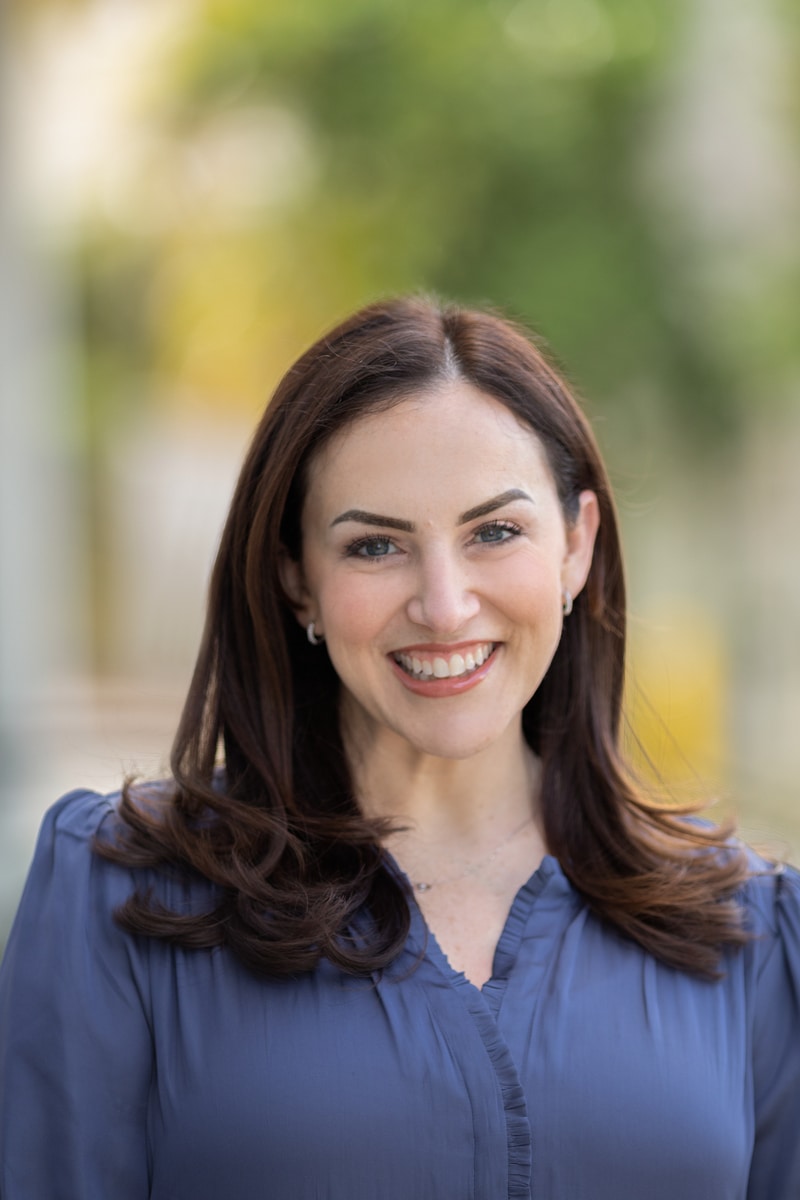Among those who haven’t been educated about eating disorders, there is a lingering misperception that engaging in eating disorder behaviors is a lifestyle choice, but nothing could be further from the truth. There are a few similarities between a person having an eating disorder and lifestyle choices like dieting and weight-loss programs, but there are many more differences between the two. One of the biggest differences is that an eating disorder is not something a person chooses to engage in – eating disorders are serious and often require intensive therapy inresidential care or a day treatment center. Simply put: an eating disorder is not a lifestyle choice.
Eating disorders and lifestyle programs often overlap as well; people with disorders like anorexia nervosa, bulimia nervosa, and binge eating disorder are often on diets and strict exercise regimens. It can be difficult for those close to a person who’s dieting to tell the difference between an attempt to lose a little weight and someone who is experiencing a mental health disorder. The best way to do so is to examine whether the food-related behaviors are compulsive and/or becoming a detriment to their health. The underlying issues that prompt disordered eating, such as body dysmorphia, an overwhelming need for control over some aspect of their lives, and coping mechanisms for trauma and PTSD, are important diagnostic factors – psychological experts can help identify them.
About Lifestyle Programs Like Diets or Workout Plans and Eating Disorders
Lifestyle choices and eating disorders are similar in that they both determine the kinds and amounts of food a person eats. The difference lies in whether these food rules are compulsive and have negative effects on their health or not. Some religions require that you eat some foods and avoid others, for example, and certain diets may favor some foods over others. A person who chooses not to eat pork as part of a halal diet, as an example, typically replaces that protein with another form, as does someone who chooses a vegan diet for ethical or health reasons. In contrast, a person with ARFID might avoid eating pork out of an irrational fear of its health consequences to the point that their health begins to suffer.
For most people, weight-loss diets are lifestyle choices – each year, about 45 million Americans choose to cut back on certain foods for a few weeks or months to lose weight. They usually stop dieting as aggressively after the goal weight has been achieved. Athletes and people recovering from illness people may temporarily increase the amount they eat in hopes of gaining weight, and then resume their normal eating patterns after reaching their goal. For the 20 million women and 10 million men in the United States with eating disorders, though, there is no choice – without eating disorder treatment, their disordered eating patterns are likely to worsen.
Doctors normally also recommend that people work regular exercise into their routines. The health benefits of exercise are many; they help control weight, improve lung and heart function, and often provide mental health boosts. However, just like eating patterns, exercise can become a compulsive behavior. People with eating disorders, especially anorexia nervosa, will often excessively exercise in an attempt to lose weight or out of a compulsion to do so.
Although most eating disorder treatment experts choose not to use the term, this has also been called “exercise addiction.” It can cause dangerous weight loss, as well as put extreme strain on the individual’s bones, musculature, and circulatory systems. Combined with a lack of proper nutrition, exercise can also cause strokes, heart attacks, and other serious medical conditions. It’s another case of a generally good thing becoming dangerous – exercising past the point of exhaustion or causing injuries is a textbook symptom of compulsive behavior.
Understanding That Eating Disorders Are Just That – Disorders
The need for treatment is perhaps the single largest difference between lifestyle choices and eating disorders. Lifestyle choices do not require care from specialized treatment programs as eating disorders do. A day treatment center offers specialized care for eating disorders. Focused treatment programs offer therapy provided by psychiatrists, nutritionists, counselors, and other healthcare professionals. These treatment programs are health institutions that provide essential care; while many of the therapy programs can help people make better decisions when it comes to food triggers, they go far beyond simply guiding a weight loss or other food-related lifestyle choice.
Options for Treatment
Eating disorder treatment programs help clients develop the skills they need to manage their eating disorders and their underlying causes. Treatment programs for adults can offer a wide variety of therapies to help navigate family meals and other aspects of daily eating. Typically these programs include time with nutritionists to assist in meal planning, for example, and group therapies to help clients bond with others who also have eating disorders.
Many treatment programs also provide education about “diet culture”and its effect on people prone to developing an eating disorder, such as fad diets and prolonged fasting. While these examples are not eating disorders per se, they could still have negative effects on a person’s health and well-being, and they can lead to worsening of eating disorder symptoms.
Every quality eating disorder treatment program includes a thorough assessment and monitoring, an individualized treatment program, and weekly sessions with a psychiatrist. Most programs are prepared to treat all major disorders, from anorexia nervosa to binge eating disorder, but don’t settle for a cookie-cutter program. Every eating disorder treatment program should be personalized to fit the individual client’s needs.
Day Treatment Programs
A day treatment center provides outpatient counseling, which means the client can go to work or school and be home with their family at night. Day treatment programs allow you to have independence as you work toward freedom from the eating disorder. Despite the name, day treatment programs can also offer evening programs, and in the wake of the COVID-19 crisis, most offer virtual programs as well. Day treatment programs for adults focus on the needs of adults with eating disorders. These needs are different from children with eating disorders, so stay on the lookout for an adolescent-focused program if the client is under 18.
Most of the treatments at day treatment programs are the same as the ones at residential programs. These include individual and group therapy, as well as mindfulness exercises like meditation. Often mindful movement classes that help eating disorder patients reconnect with their bodies without risking excessive exercise, such as yoga, are present. The convenience of day treatment offers the benefit of flexibility – the only drawback is that it can’t provide the same intensive care that residential care does.
Residential Programs
For more severe, advanced, or medically sensitive cases, residential treatment is the preferred option. Unlike the more flexible day treatment programs, a client stays at a residential facility 24 hours a day for a set period when they enter residential treatment. This usually begins at 30 days, although the stay may be extended. Residential treatment programs have much more extensive medical care, which may be necessary if a client has been struggling with extreme weight loss or other complications of disordered eating. Psychiatric care is also provided; it’s a sad fact that people with eating disorders have higher rates of suicide and self-harm than other populations.
AS mentioned, many of the same treatments are available at day treatment and residential programs. However, residential programs are preferable for severe cases not only for the 24/7 care but also for the uninterrupted focus on recovery they provide. Some activities, such as animal-assisted therapy and group therapy, are easier to organize and implement in a residential setting as well. When choosing a program, make sure to explore both options – the admissions specialist and care teams will help you decide which is more appropriate.
Don’t “Explain Away” an Eating Disorder as a Type of Lifestyle Choice
If a diet or exercise program is beginning to affect a person’s health – physical or mental – negatively, it’s gone beyond being a lifestyle choice. Eating disorders try to keep themselves going – a person might say, “It’s just a diet” or “I’m only trying to stay healthy” when asked about their eating patterns. They may even tell themselves these things. If you or a loved one is struggling with disordered eating, don’t explain away those symptoms as a lifestyle choice. Learn more about eating disorder treatment instead, and decide if it’s right for you. It can make all the difference in a happier, healthier life.












